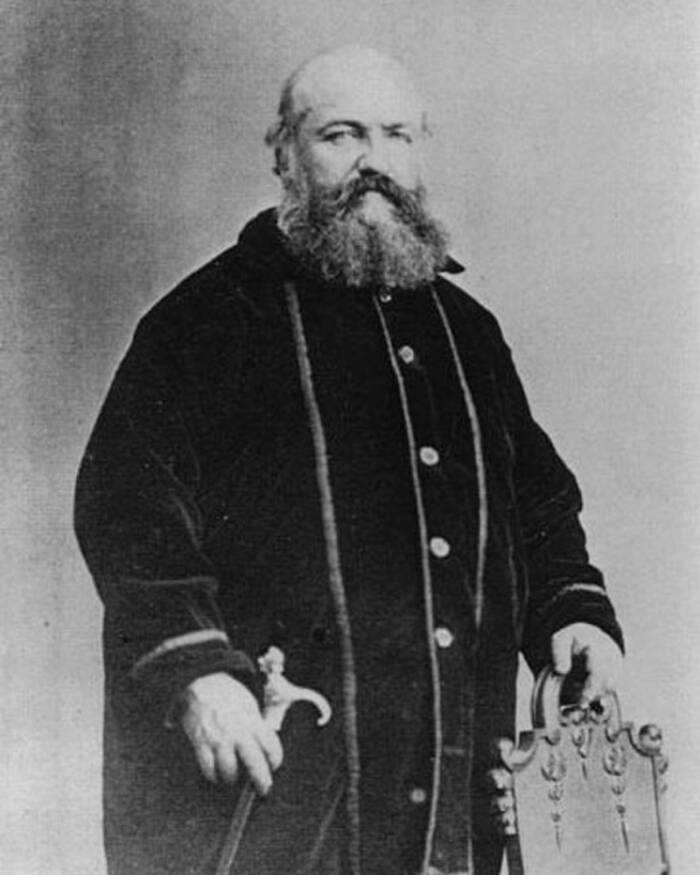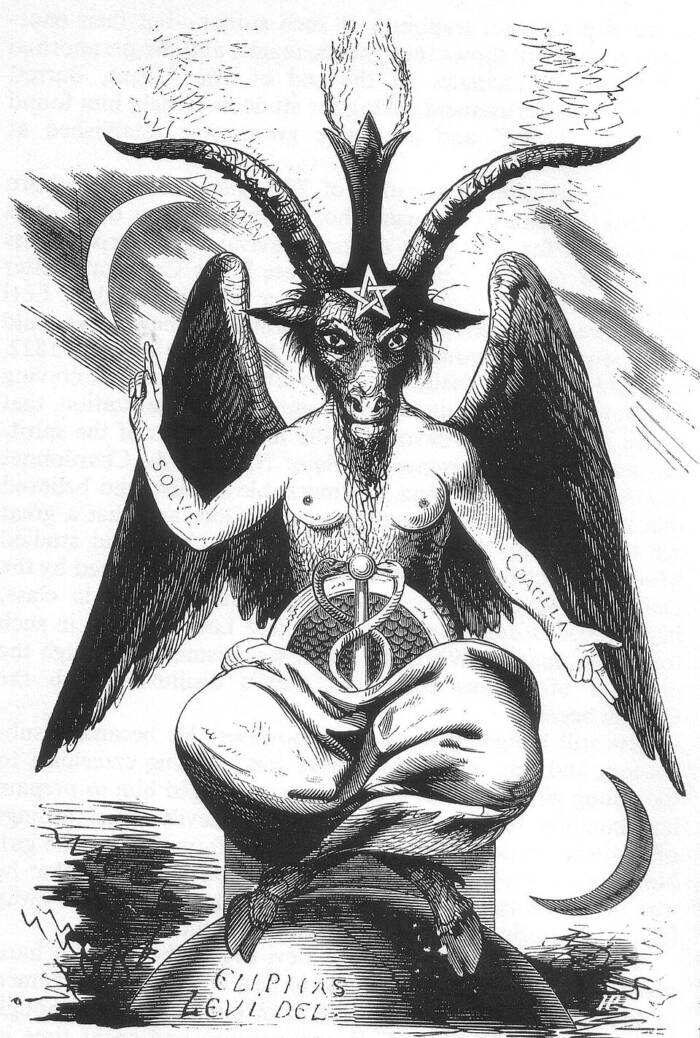Éliphas Lévi, One Of The First Famous Occultists

Public DomainÉliphas Lévi is sometimes referred to as the “founder of occultism.”
Éliphas Lévi was a French writer and occultist whose work attracted increased attention as esoteric ideas became popular in Europe in the 19th century. Born in Paris around 1810, Lévi was originally set on working for the Catholic Church, but he changed his mind just a week before he was ordained as a priest.
Around 1838, he met Simon Ganneau, a feminist and mystic who believed that androgyny was the key to unite humanity and achieve religious salvation. Within a decade, Lévi was deep into his esoteric beliefs. The books he wrote on socialism began transforming into tracts on mysticism. He described magic — particularly the concepts of “Astral Light,” “the Will,” and “the Imagination” — as science rather than superstition.
He eventually became a ceremonial magician, traveling through Europe to share his teachings with others. In his 1854 book The Doctrine of Transcendental Magic, Lévi described himself as a “poor and obscure scholar” who “has found the lever of Archimedes, and he offers it to you for the good of humanity alone, asking nothing whatsoever in exchange.”

Public DomainBaphomet as depicted by Éliphas Lévi in 1856.
Lévi used Tarot cards in his work, and he also incorporated the symbol of the pentagram. Perhaps his most lasting impact on occultism, however, was his interpretation of Baphomet. His illustration of the goat-headed entity became a key occult symbol that endures to this day.
What’s more, Lévi’s work influenced future occultists like Madame Blavatsky and Aleister Crowley, making him one of history’s most influential mystics.
After reading about these infamous occultists, learn about 27 of the most terrifying demons. Then, go inside nine of the world’s most notorious cults.





